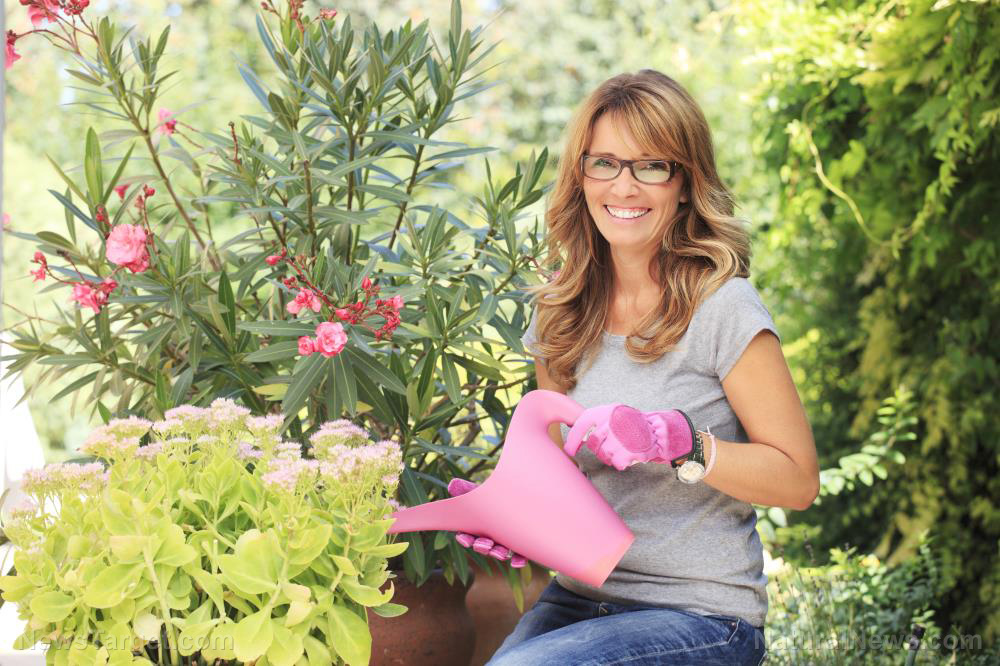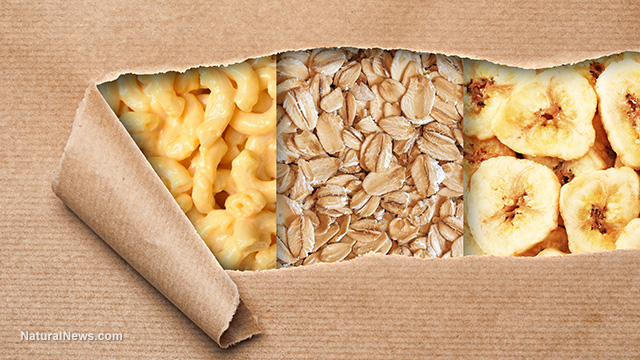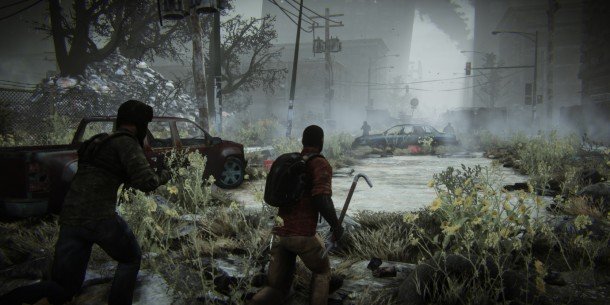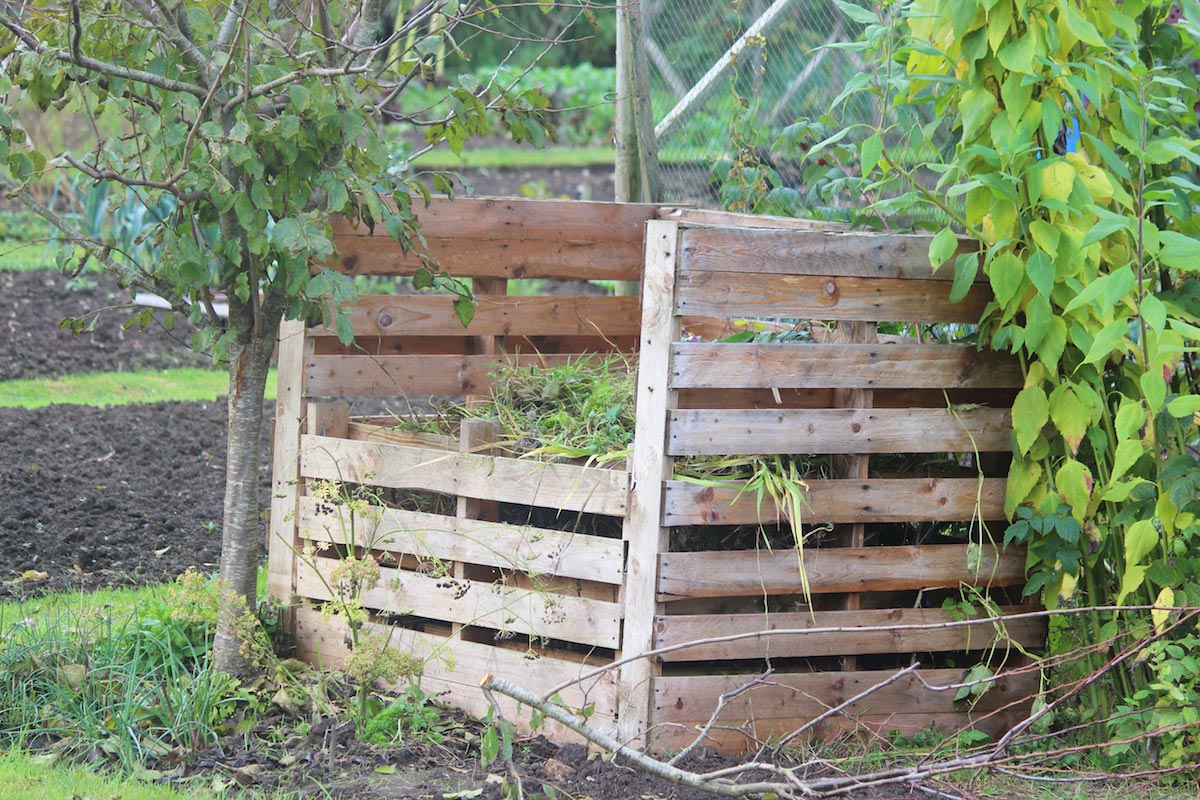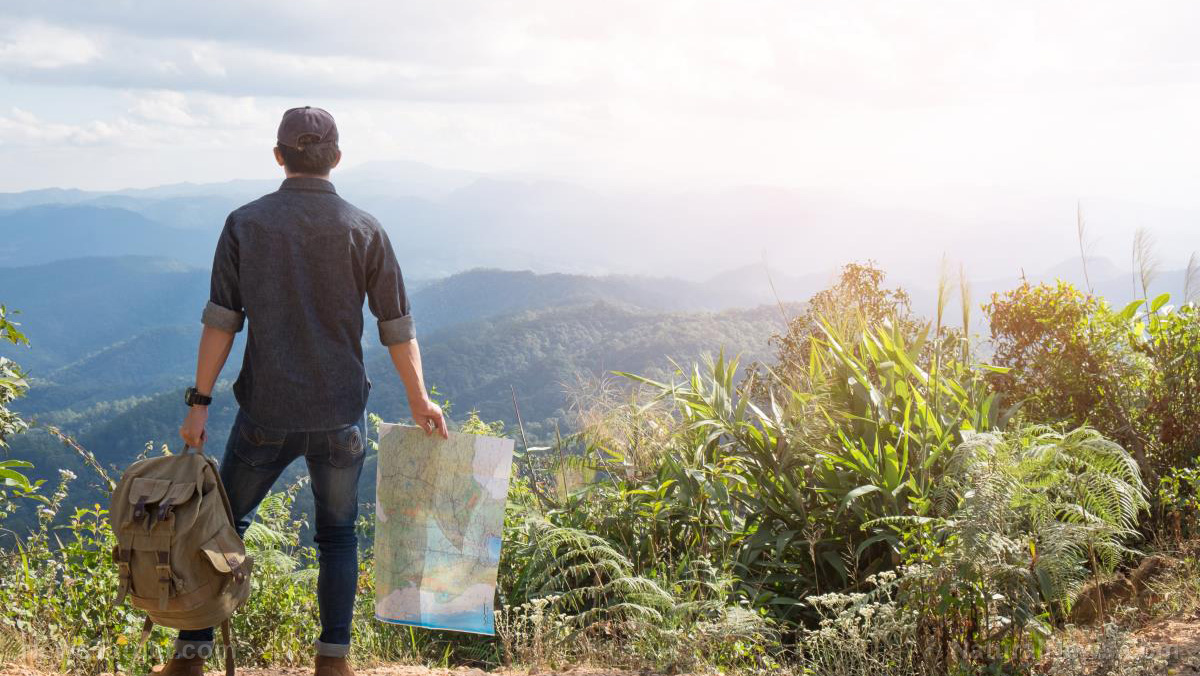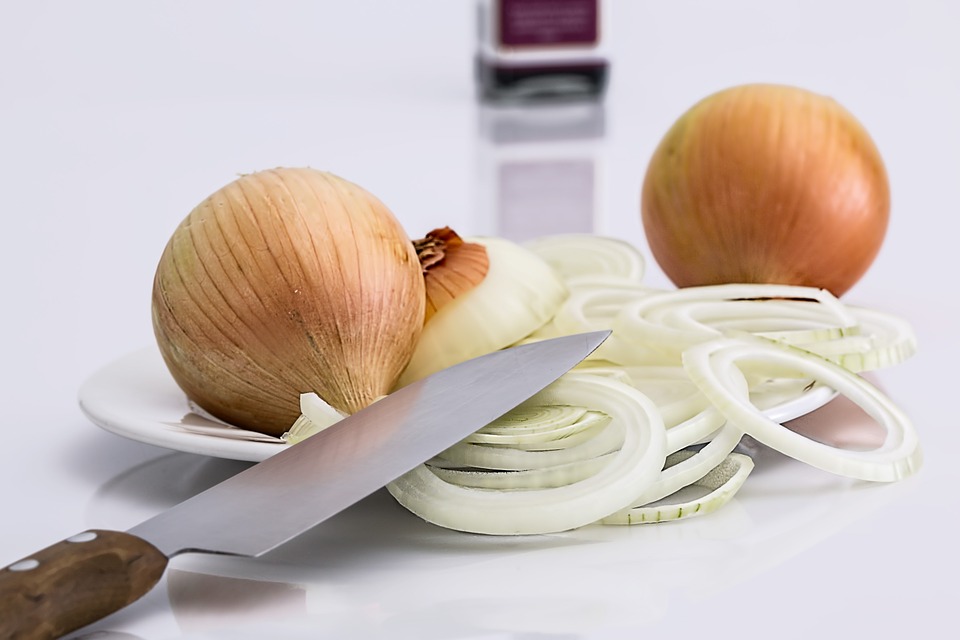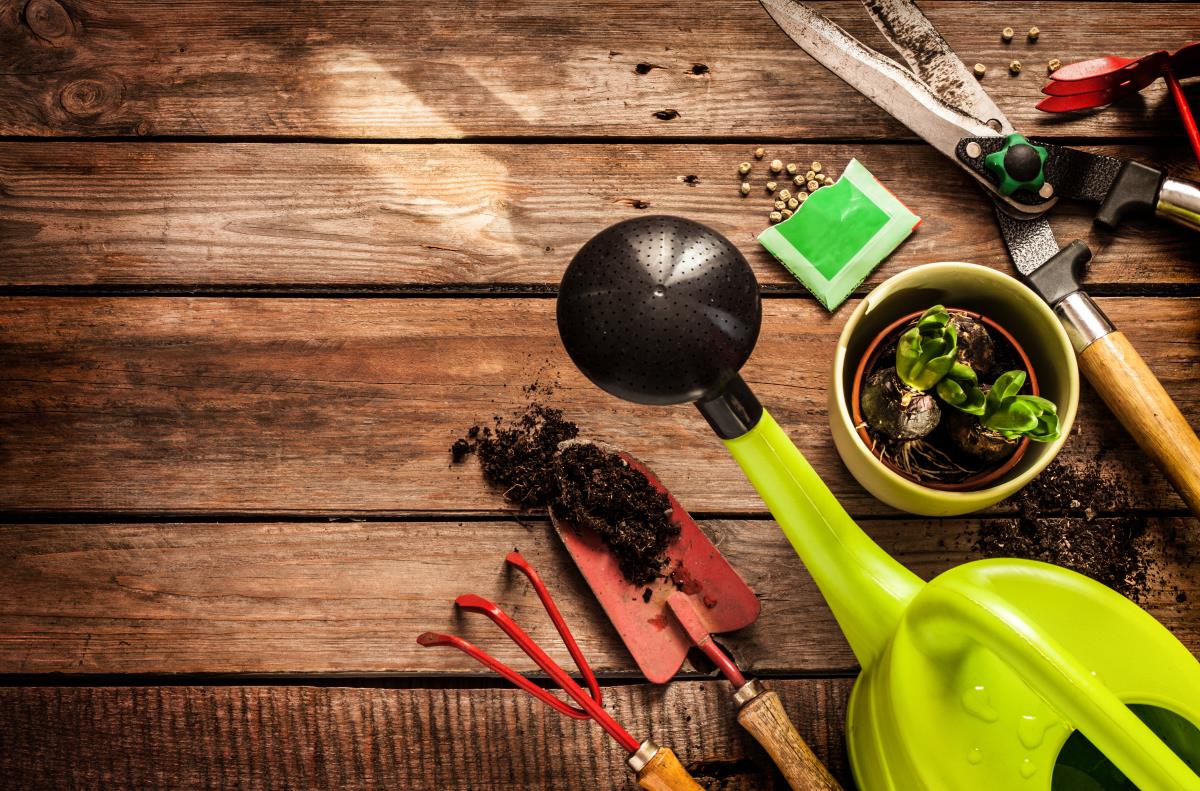Toilet etiquette when SHTF: Why it matters
03/27/2019 / By Rhonda Johansson
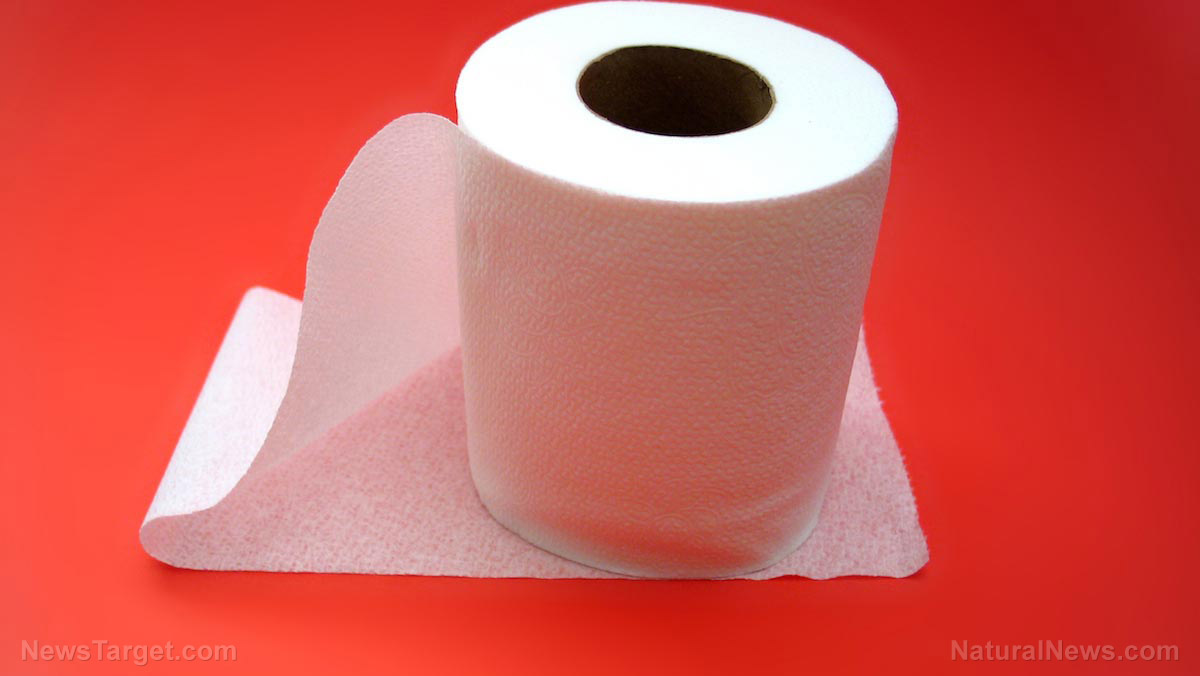
When SHTF, you need to still wipe your butt. The collapse of modern society aside, it is necessary that you still maintain good sanitary practices so that you stay alive. Without proper sanitation, it becomes incredibly easy for germs to wreak havoc and potentially decimate entire populations.
In order to see the full extent of what improper sanitation can do to your health, let us look at an extreme example. Kibera, which is located in Nairobi, Kenya, is considered Africa’s largest slum and is part of the top 10 worst slums in the world. There are approximately 2.5 million dwellings in this settlement, representing 60 percent of the Nairobi population occupying just six percent of the land. There are no toilet facilities in most of Kibera, and one latrine — which is usually just a hole in the ground — is shared by up to 50 shacks or households. Disease and malnutrition are widespread here, and a fifth of children die before their fifth birthday. Half of Kibera’s population are children under the age of 15, many of whom have become orphaned by AIDS.
We may have it easier here in America, but that doesn’t mean that we can disregard the importance of sanitation when life as we know it turns on its head. Humans need to expel waste regularly to keep our own bodies clean. This means that, no matter what happens, all of us have to keep our backsides clean as well as our hands in the aftermath.
The dirty truth about dookie
Unsanitary conditions can lead to severe illnesses. Human waste is a huge source of contamination in this regard, both as a primary and secondary vector.
Direct contact with feces means possible infection from germs until you thoroughly cleanse and sanitize your hands. Animals are also attracted to waste, and everything from rodents to dogs to insects will gather around your daily deposits, and in turn become possible vectors of disease.
An average adult will produce three-quarters to one pound of solid waste a day. This waste can be deposited in one or more movements, which means that you will have contact with your backside one to three times a day on average. As a result, you will need to wash and sanitize your hands this many times lest they contaminate everything else they touch. (Related: Staying healthy after SHTF: Best hygiene practices.)
How to stay clean
After you do number 2, you will need to wipe somehow. The best way to do this is with toilet paper. This is why we generally recommend that you begin stockpiling this item now way before SHTF.
If you run out of toilet paper, you will need to use something else. Let’s take a look at some alternatives:
- Paper from books, magazines, or newspapers — This can work well, but heavily inked paper can become slippery and hard to manage, especially when wet. The ink may also stain your backside and introduce more germs. Newspapers are also quite stiff and may tear your skin if used incorrectly. We recommend that you crumple up the paper several times before wiping so that they become soft enough to use.
- Cloth — This is a reliable go-to. Just make sure that your cloth is clean before you wipe! Do not use rags or anything else that has been chemically contaminated.
- Leaves — Generally a good idea, but take the time to choose one that is not from a poisonous plant. Leaves are fairly comfortable to use, and are generally plentiful.
- Snow — This has the added benefit of cleaning your butt while wiping.
Whichever method you decide on, remember to always wash your hands after.
Read more articles on how to stay clean even after SHTF at Preparedness.news.
Sources include:
Tagged Under: bug out, cleanliness, Collapse, disease prevention, homesteading, hygiene, off grid, preparedness, prepper, prepping, sanitation, SHTF, survival, survival skills, toilet etiquette




